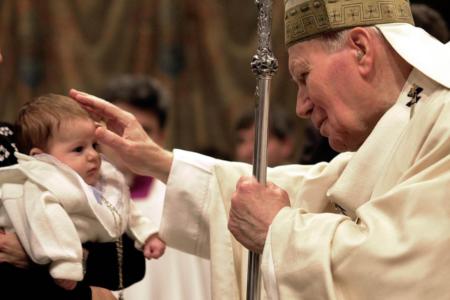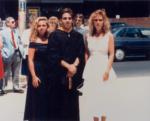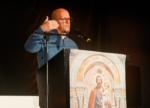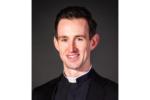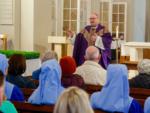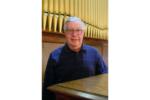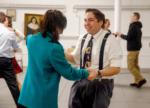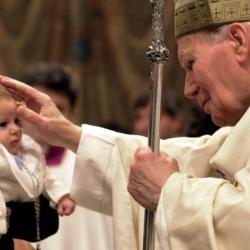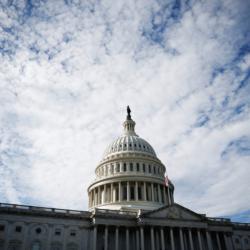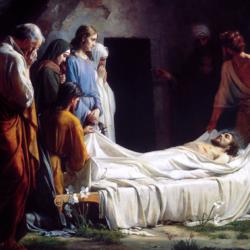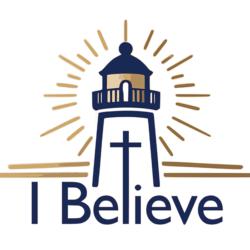Local pro-life presence felt during SCOTUS hearings
BOSTON -- While the U.S. Supreme Court heard oral arguments on Dec. 1 for a case that could overturn Roe v. Wade, local pro-life advocates offered prayers and public witness to draw attention to the case and declare their readiness for a post-Roe world.
The case of Dobbs v. Jackson Women's Health involves a Mississippi law restricting most abortions after 15 weeks gestation. It directly challenges Roe v. Wade, the 1973 case in which the court ruled that states cannot prohibit abortion before the point of viability, considered to be 24-28 weeks into pregnancy. If the court overturns Roe, abortion laws would be determined by each individual state. The court is expected to announce its decision around the end of its term in June 2022.
While abortion opponents and supporters rallied in Washington, D.C., on the day of oral arguments, Boston was one of many locations across the country where pro-life advocates organized smaller local events. Many were sponsored by national groups like 40 Days for Life and the Pro-Life Action League.
Rita Russo, director of the Boston chapter of 40 Days for Life, organized two 12-hour vigils outside Planned Parenthood on Commonwealth Ave. on Nov. 30 and Dec. 1. About 70 volunteers came in shifts from 7 a.m. to 7 p.m. They held signs specifically addressing the Supreme Court case, appealing to the justices to reverse Roe v. Wade.
"I think it was important to do, and I'm glad we did it," Russo said, speaking to The Pilot on Dec. 2.
She said that her intention was not to protest, but to offer prayer support.
"The main focus was supporting the deliberations of the Supreme Court with prayer," Russo said.
She spoke of the "tremendous pressure" that the justices must be under as they make their decision.
"I've been praying for the justices and their families, that they would be protected from any repercussions, and I would encourage other people to pray for the same," she said.
Also on Dec. 1, Boston Pro-Life Future organized a demonstration in front of the Massachusetts Statehouse. The participants included students and young professionals as well as middle-aged adults and seniors, who held signs, echoed chants, and made speeches.
Mary Moser, co-president of Boston Pro-Life Future, said their event had multiple purposes. One was to draw attention to what was happening in Washington, D.C. But they also wanted to send out a call to action, and announce their own readiness to help women and babies if Roe is reversed.
"We're ready for a post-Roe America and we're ready to serve women and babies in Massachusetts when that happens. We are doing that now, but we will continue doing so after Roe," Moser said.
They received some positive feedback from people who saw them. A passing group of students cheered them on, and some cars driving by honked their horns in support.
One of the participants followed a livestream of the events in Washington, D.C. Moser said it was "very encouraging" that both pro-life and pro-choice justices were intellectually honest in their questions during the oral arguments.
After standing outside the Statehouse, they visited Russo's vigil outside Planned Parenthood. A few people stopped to say they were glad to see them there.
Moser said they hope Roe v. Wade being overturned would "open the doors for more of a frank and open discussion about abortion," as the issue would return to the states for the people to decide. Right now, she said, it is so divisive that people do not even want to bring it up in conversation.
"It's something we're going to have to bring into the public square as far as actually enacting policy, and actually debating about whether or not this is something that we need to uphold in the states," she said.
Russo pointed out that even if Roe is overturned, that will not impact Massachusetts, which already has liberal abortion laws.
"It doesn't ban abortion, it just goes back to the states and the people decide. A lot of people don't understand that," she said.
Moser also acknowledged this, and said that while some states will enact pro-life laws protecting the unborn, many will become "more intense" in favor of abortion.
"We already have pretty intense laws as it is, with the ROE Act," she said, referring to the Act to Remove Obstacles and Expand Abortion Access. Elements of that bill were incorporated into a state budget amendment that was passed a year ago, greatly deregulating abortion in Massachusetts.
As they said in their speeches, Moser said, "this is not the end of our battle. In many ways this is the beginning."
She said she would encourage people in Massachusetts "to not get discouraged by the fact that we live in a blue state."
"I would use this opportunity to get more involved, not less involved," she said.
